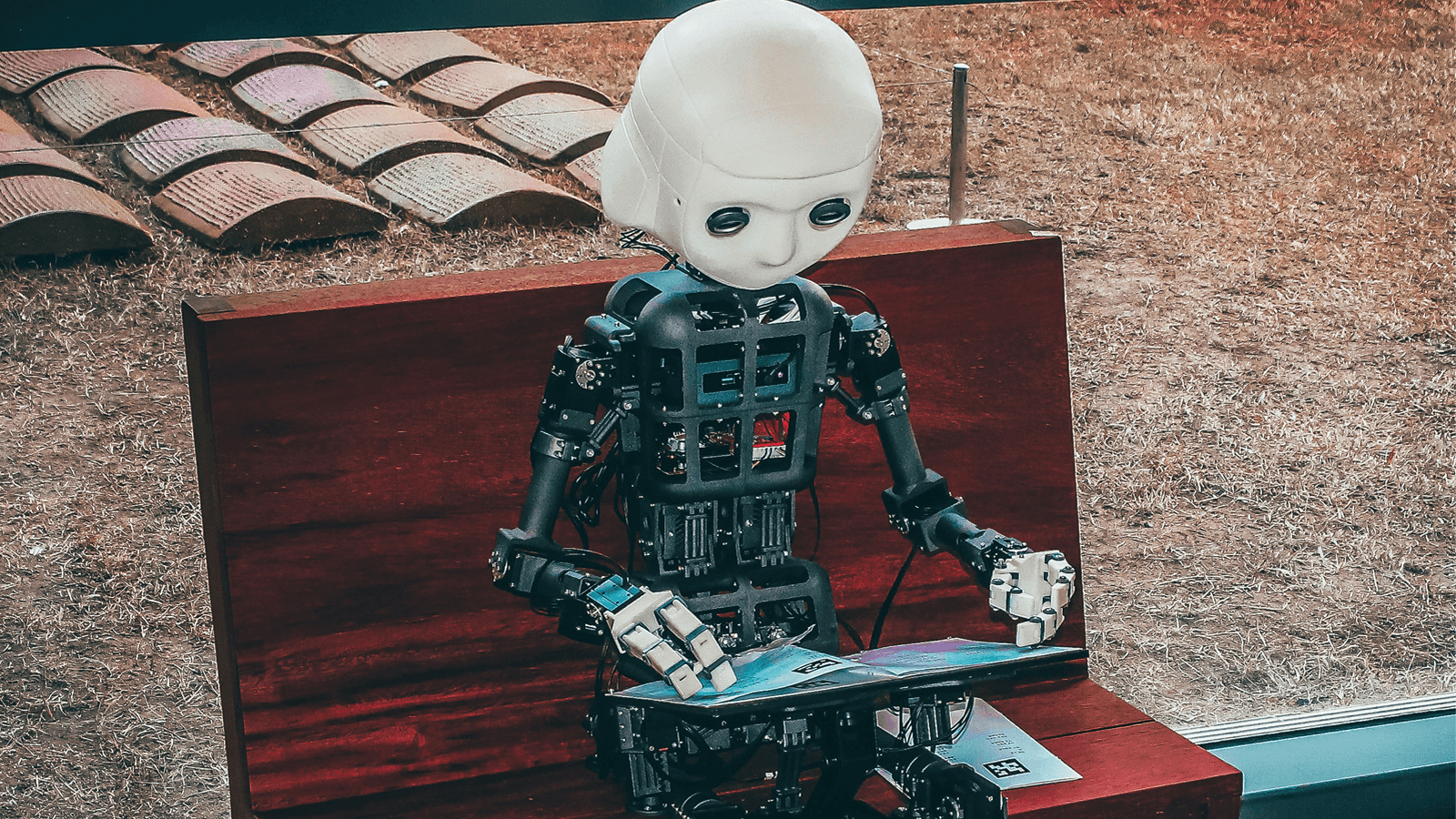The introduction of artificial intelligence in Europe`s economy has provided much-needed growth to the premium industrial companies of the European Union, which allows them to find a way to meet the slow manufacturing demand from regions like Asia and North America.
Primary companies such as ABB Ltd., Siemens AG, Legrand SA, and Schneider Electric SE have witnessed a sharp increase in their orders for data centre manufacturing infrastructure, which includes products such as server racks, electronic systems, and cooling mechanisms. The leverages provided for faster development and making an advanced and user-friendly computing system by tech giants such as NVIDIA Corporation are also influenced by these gains.
As per the report of the Redburn Atlantic forecaster, Mr. James Moore, the six most renowned electrical companies have noticed that their data centre gains hit 20 billion euros, which is 22.2 billion dollars as of last year, which is also higher than their past five-year record. Mr. Moore has anticipated that the total sales of these kinds of companies will increase, and he also gave the narrative that United States-based companies such as Vertiv Holdings Co. and Eaton Corp. Plc might see an increase in their valuation with an estimation of around 15 percent per year by the year 2027.
During the media interview, Pankaj Sharma, who is the executive vice president of Schneider Electric’s, stated that the surge in artificial intelligence in the European Union is one of those things that he is unlikely to have witnessed over the past 20 years. The division has provided hardware and supporting software to these data centres.
The artificial intelligence chips require a massive power supply, which is much more than other applications, and they are densely packed in high-density servers, which makes heat dissipation a massive concern for them. Companies such as Schneider Electric and Siemens are offering important commodities and advanced technology that helps prevent these systems from overheating.
Mr. Mustafa Okur, who is an intelligence analyst at Bloomberg, has published a report on the initial phase of this year, in which he stated that the surge in investments in data centres and servers related to cooling technologies will be possible if in this year the expansion of AI workloads is done, which will directly benefit companies such as Vertiv, Schneider, and others.
Schneider Co. has generated around 17 percent of its revenue from the data centres, which includes cooling technologies, which play a vital role in the offerings. Liquid cooling is a type of technology that uses coolant-filled pipes that are placed near the servers. It is quite workable as compared to the traditional air cooling system, which is pretty effective in reducing the high temperature of the highly dense data centres. The demand for deployment of this technology has increased as compared to previous sessions, such as e-commerce, Bitcoin mining, or the metaverse, as quoted by Pankaj Sharma of Schneider Electrical.
The Siemens Co. has witnessed an increase in demand for the low and medium voltage electrification systems and for the cooling system mechanisms, which also include temperature-detecting mechanisms and flow meters. Recently, a major side of the opportunity pipeline is based on artificial intelligence compared to those traditional spots, as quoted by Siemens`s global head of data centre, Mr. Ciaran Flanagan. The respected investors are very excited for AI because they are concerned about when their returns will materialise.
The quantity of data and the demand for it are increasing day by day; this is why they believe that the electrification market has stepped into the supercycle. Flanagan has stated that during the company`s last earnings call,.
The Siemens Co. has faced numerous challenges during their mechanisation of the business; its introduction to electrification is much more needed. Mr. Omid Vaziri and Mr. Bhawin Thakker from the intelligence department of Bloomberg have stated that firms with a strong base of sales connections, data centres, and connections with AI are the ones who can persuade investors based on their potential to exceed watchful expectations for the years 2024–2025.
Basically, the demand for the power supply is continuously growing and exceeds its supply, and delays in proper planning and getting planning permission are the reasons for the slowing data centre development in some areas. This problem must be solved in time to obtain a full-income-based potential AI infrastructure in the upcoming future.
Martin Wilkie, who is an analyst at Citi Company, has stated that the market theory for these kinds of companies is pretty much clear, but the question is: how long will this trend continue?


























